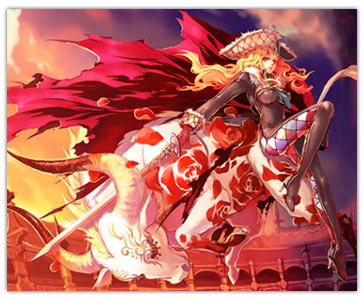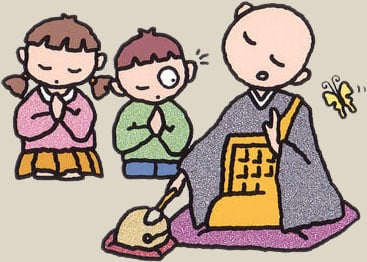It’s interesting to study how language and the brain interact to create our perceptions, and it’s not uncommon for an idea to be so closely tied to a word in one language that it becomes impossible to replace it with one from another language. No word could illustrate Hemingway’s love of bullfighting as well as aficionado, one who has afición for the sport, and his use of the term gives an unmistakable flavor to his fiction. In a similar if somewhat less romantic way, the rise of Japanese popular culture has brought a slew of new words to us, like moé (mo-EH), which could be translated as “the warm feeling you get when contemplating your favorite super-cute anime character,” or otaku, the label of preference for the current generation of Japan-obsessed anime fans. I mean, what English word could possibly replace a specialized term like tsundere, which describes the archetypal anime girl who’s both angry yet also full of love, or angry at herself because she feels love? Or the many nuances of yuri, which describes the drama of girls falling in love with other girls?

Words from other languages can add a certain je ne sais quoi to your meaning.















